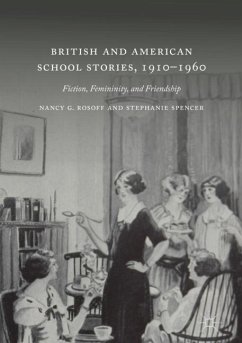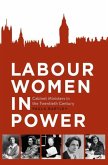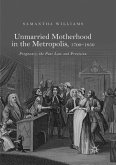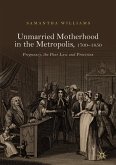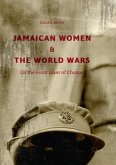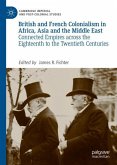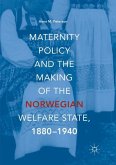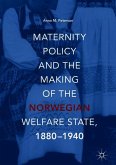This book examines school and college fiction for girls in Britain and the United States, written in the first half of the twentieth century, to explore the formation and ideologies of feminine identity. Nancy G. Rosoff and Stephanie Spencer develop a transnational framework that recognises how both constructed and essential femininities transcend national boundaries. The book discusses the significance and performance of female friendship across time and place, which is central to the development of the genre, and how it functioned as an important means of informal education. Stories by Jessie Graham Flower, Pauline Lester, Alice Ross Colver, Elinor Brent-Dyer, and Dorita Fairlie Bruce are set within their historical context and then used to explore aspects of sociability, authority, responsibility, domesticity, and possibility. The distinctiveness of this book stems from the historical analysis of these sources, which have so far primarily been treated by literary scholars within their national context.
Winner of the History of Education Society Anne Bloomfield Prize for the best book on history of education published in English 2017-19
Winner of the History of Education Society Anne Bloomfield Prize for the best book on history of education published in English 2017-19

